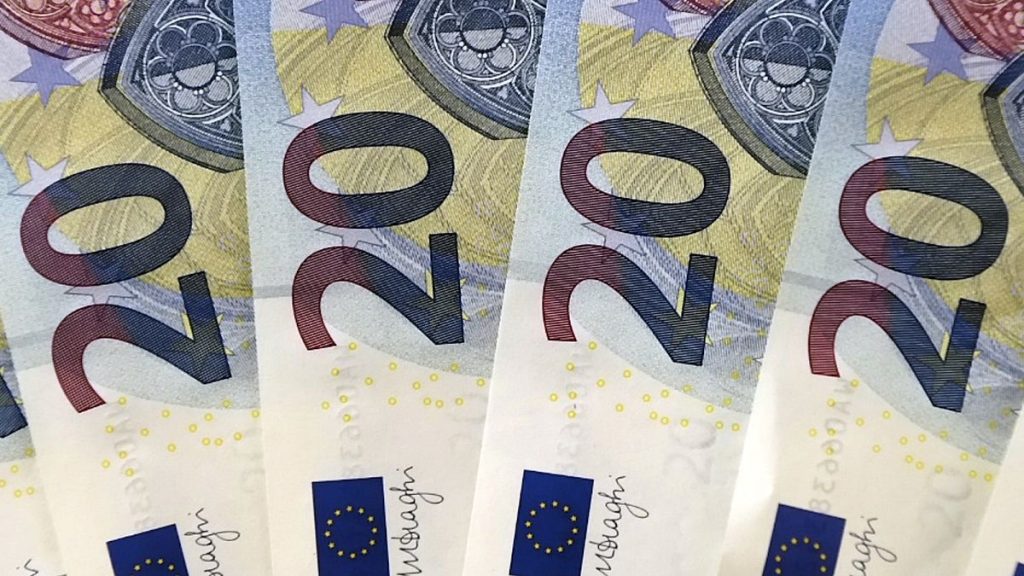The transition towards a cashless society has been most pronounced in the Nordic countries, as highlighted by a recent analysis conducted by the Norwegian financial information site, Finansplassen. This study evaluated various metrics to understand how well European nations are adapting to cashless payment systems, including the availability of ATMs and payment terminals, limits for contactless transactions, and the prevalence of online banking. The findings indicated that Norway leads the way, marked by a notably low number of ATMs and high online banking penetration, with around 96% of its population engaged in digital banking. Finland and Denmark follow closely, demonstrating similar trends although they maintain a higher number of ATMs and slightly fewer payment transaction infrastructures compared to Norway. Overall, the report identified the Netherlands, Sweden, Iceland, Estonia, Lithuania, Cyprus, and Switzerland as the other countries well-prepared for a future without cash, while Armenia, Georgia, and Germany lag behind in this evolution.
The Nordic countries are favored for their progressive approach to cashless systems, reflecting both cultural and practical underpinnings. Personal finance expert Olle Pettersson from Finansplassen attributes this efficiency to several factors, including the region’s sparse population density and adverse weather conditions, which make traditional payment methods less feasible. Furthermore, these nations exhibit high levels of public trust in institutions, facilitating the introduction and acceptance of new policies. The drive towards cashless transactions gained momentum in 2016 when Norway’s largest bank, DNB, advocated for a cashless society to combat issues linked to illegal financial activities. Concurrently, the popularity of mobile payment platforms like Vipps MobilePay soared, heralding a significant shift in consumer behavior. Nevertheless, there are ongoing discussions in Norway’s Parliament concerning the necessity of maintaining cash transactions for those who are less digitally inclined, exemplified by recent legislation intended to ease cash payments for citizens.
Despite the apparent benefits of cashless systems, concerns regarding their long-term viability have emerged. In recent months, Norwegian lawmakers noted that while embracing digital convenience, a portion of the population remains vulnerable to exclusion due to reliance on traditional currency. Government officials like Emilie Enger Mehl, Norway’s Minister for Justice and Emergency, have raised alarms over the risks associated with a fully digitized economy, pointing out that society must remain prepared for unforeseen circumstances such as power outages, system failures, or cyberattacks that could jeopardize digital payment infrastructures. Consequently, the Directorate for Civil Protection has recommended that citizens keep some cash accessible, emphasizing the importance of preparedness in a potentially unstable global climate characterized by conflict, cyber threats, and environmental change.
In Denmark, cash transactions represent a mere 8% of total transactions in 2023, according to national bank figures, indicating a drastic shift towards mobile and electronic payment methods. The Danish populace favors mobile payments due to their ubiquitous presence, as consumers conveniently carry their phones, allowing them to pay exactly what is required. Despite the significant decline in cash use and the predominance of mobile payments, key figures like Christian Kettel Thomsen, Governor of Denmark’s National Bank, have acknowledged that cash remains a crucial component of a robust monetary system. This juxtaposition underscores the dichotomy between the accelerating digital payment trend and the necessity for maintaining access to cash, ensuring a balance between modern convenience and basic public needs.
The surge in cashless payments has been notably amplified by the COVID-19 pandemic, which catalyzed changes in consumer behaviors across the globe. According to World Bank data, the average annual cashless payment volume per person escalated from 91 in 2017 to approximately 135 in 2020. Similar insights were corroborated by the European Central Bank (ECB), which noted that cash transactions dropped from 72% of total payments in 2019 to 59% in 2022. Although no singular factor can be pinpointed as the primary driver for this shift, it appears that the behavior adaptations stemming from the pandemic, underpinned by restrictions on physical contact, have evolved into preferred long-term payment habits for many consumers.
However, it is essential to note that while digital payment preferences have surged, a significant segment of the population still values the option of cash payments. A recent survey conducted by the ECB revealed that while convenience drives many towards cashless methods, about 60% of respondents expressed a desire to retain the ability to pay in cash. This sentiment highlights a critical challenge for policymakers and financial institutions, who must navigate the balance between digital advancement and ensuring access to cash for segments of society that still rely on it. As the trend towards cashless transactions continues to evolve, addressing the needs of all demographics will be crucial for fostering an inclusive financial ecosystem.
In conclusion, while the Nordic nations exemplify significant progress towards a cashless future through their robust infrastructure and acceptance of digital payment systems, the journey remains complex. Factors such as public trust, adaptation to technology, and the need for practical solutions tailored to diverse populations contribute to this evolving landscape. As consumer preferences shift towards convenience, the necessity to provide options that accommodate various socio-demographic groups cannot be overlooked. The implications of such a transition resonate far beyond mere payments; they reflect broader themes of accessibility, consumer behavior, and the imperative to forge a sustainable and inclusive financial environment. The continued discourse around the role of cash amidst the rise of digital alternatives underscores the necessity for strategic planning that acknowledges both the opportunities and challenges of a rapidly transforming financial world.














